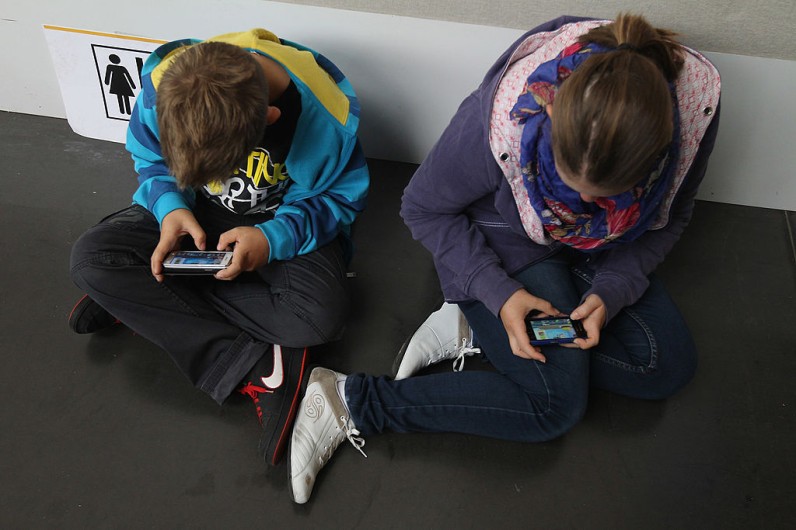In response to growing concerns about children's safety and well-being, the United Kingdom is considering banning smartphone sales to those under the age of 16. This deliberation follows significant public support for such measures, as evidenced by recent surveys.
Backed by the Public, UK Plans to Ban Smartphones to Under-16 Users
According to a report by The Guardian, Esther Ghey, the mother of 16-year-old Brianna, who tragically lost her life last year, has been a vocal advocate for stricter controls on smartphone usage among minors.
Ghey is calling for legislation to ensure that smartphones tailored for under-16s are devoid of certain social media applications, highlighting the potential risks associated with unrestricted access to online platforms.
Recent surveys underscore the widespread support for regulatory action in this regard. A March survey by Parentkind found that 58% of parents of school-age children in England favor a smartphone ban for under-16s.
Moreover, a study by More in Common revealed that 64% of respondents supported such a ban, signaling a broad consensus among the public.

Mounting Parental Concerns
Parental concerns regarding smartphones' negative impacts on children's mental health and well-being are evident. The same Parentkind survey indicated that 83% of parents believe smartphones harm young people, with 69% asserting that limiting children's smartphone access would alleviate parental challenges.
While the proposed ban garners strong support from various quarters, including lawmakers and advocacy groups, it is not without its detractors. Some Conservatives have expressed reservations, contending that governmental intervention in parental decisions may overstep bounds.
Additionally, skepticism persists regarding the feasibility and efficacy of implementing such a ban, given the ubiquity of smartphones in contemporary society.
The potential ban is discussed against the backdrop of existing legislation aimed at safeguarding children online. Last year, the UK passed the Online Safety Act, which sought to address issues such as age verification for adult services and protection of minors from harmful online content.







Join the Conversation